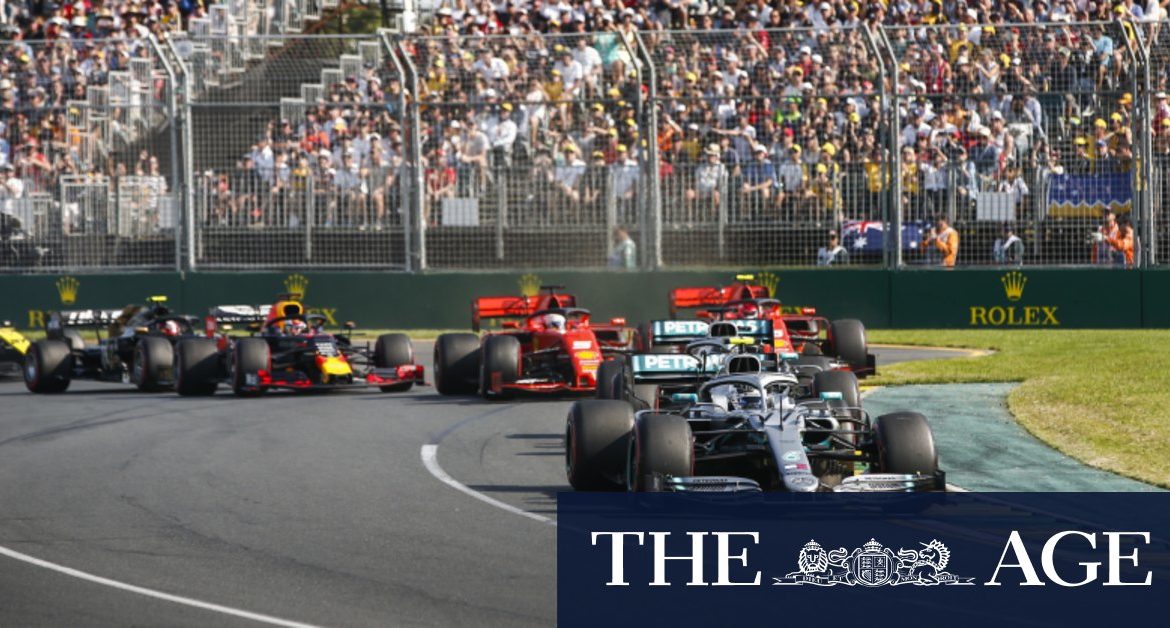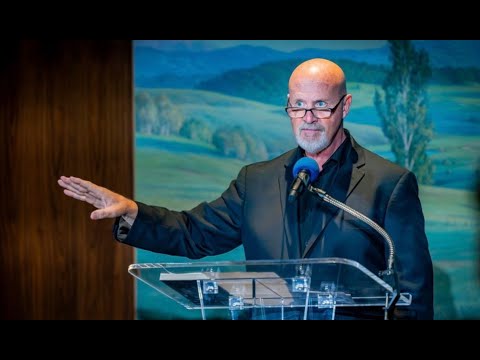Arrangements for the Australian Grand Prix are yet to be determined by the Victorian government, multiple government and industry sources said on Thursday.
Premier Daniel Andrews has taken a hard line on quarantine for next year’s Australian Open tennis, which is expected to be delayed until February, with players set to be subjected to 14 days of quarantine and allowed to leave their hotels only for daily practise sessions.
Debate over the value of staging the grand prix in Melbourne is likely to intensify with the revelation that the state government spent $20 million less on this year’s cancelled race than it did on the 2019 Australian Grand Prix – despite refunding tens of millions of dollars worth of tickets.
The reduced spending occurred because the government did not pay the race hosting fee, believed to be about $60 million, to Formula One’s US owners, Liberty Media Corporation.
Loading
The Andrews government spent $115 million on the 2019 race compared to $49.5 million this year, according to the Australian Grand Prix Corporation’s annual report tabled on Thursday. Last year’s expenditure was offset by $55 million in revenue but this year, as tickets were refunded, this plummeted to $9.5 million.
Motorsport Australia is contracted to organise the GP and it does so with the help of an army of up to 1000 volunteers.
Michael Smith, director of Motorsport and Commercial Operations with MA, said only a small proportion of volunteers – at most 75 – may be asked to quarantine for a lengthy period because only they will come into close contact with the drivers and team staff working in the paddock and pit lane.
According to the email, they would have to agree to be tested for COVID-19 and quarantine for four days before the grand prix starts on Thursday, March 18. They would then enter the bubble, and quarantine for 14 days after the four-day carnival ends on Sunday, March 21 – a total of 22 days.
Loading
“Officials will be grouped into one of two categories: Profile 1 and profile 2. Profile 1 officials are those who will be working in the F1 paddock areas, pit lane and race control areas,” the email reads.
“Under the current requirements, all profile 1 officials will be placed into an “F1 bubble”. We are currently working closely with the Victorian government, Formula 1, and the Australian Grand Prix Corporation on the conditions of this bubble. At this stage, being a profile 1 official will likely require:
- Ninety-six hours before the event, officials will be COVID tested and then placed in isolation.
- When a negative result is confirmed, officials will be placed into one of four bio-secure hotels.
- Officials must remain in the “F1 bubble” for the duration of the event.
- All transport to and from the track, food and accommodation will be provided.
- Following the event, profile 1 officials will be required to quarantine for 14 days – ending on Easter Sunday. Currently, the requirement would be for this to take place in a bio-secure hotel. We are hoping that the 14-day quarantine can be completed in your home [but] the ultimate decision on this lies with the Victorian Department of Health and Human Services.
“We appreciate that this would require a significant commitment, and therefore ask that you consider these conditions and whether you are willing and able to participate as a profile 1 official.”
Smith told The Age and Sydney Morning Herald: “We have been working on plans for the GP and what it might look like since May or June. As part of that, we are looking at all of the scenarios. One scenario may be that a small number of volunteers do have to quarantine, and if they do we want to understand what that might look like and who might be available. It’s a big commitment.”
Michael Lynch is The Age’s chief soccer reporter and also reports on motor sport and horseracing
Paul is a Victorian political reporter for The Age.
Most Viewed in Sport
Loading







